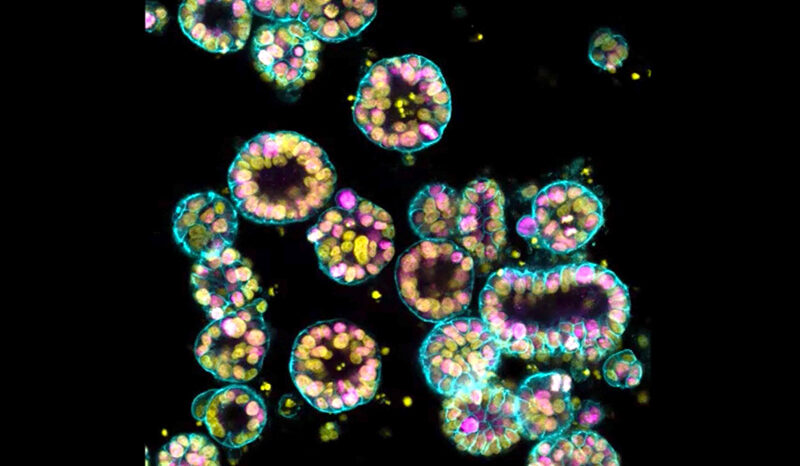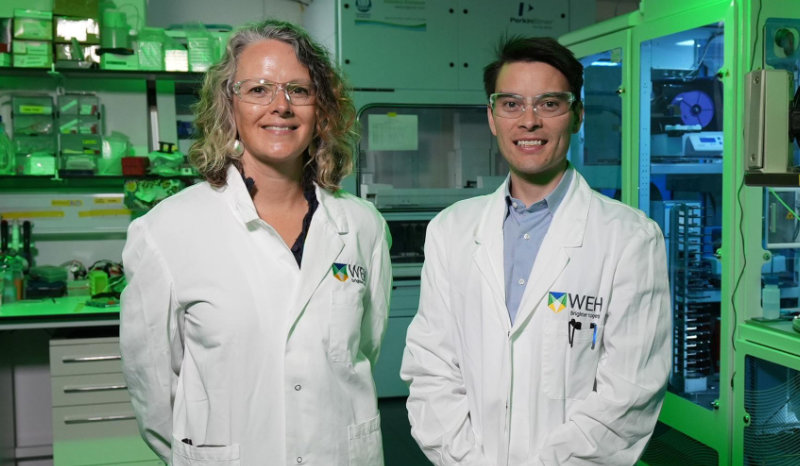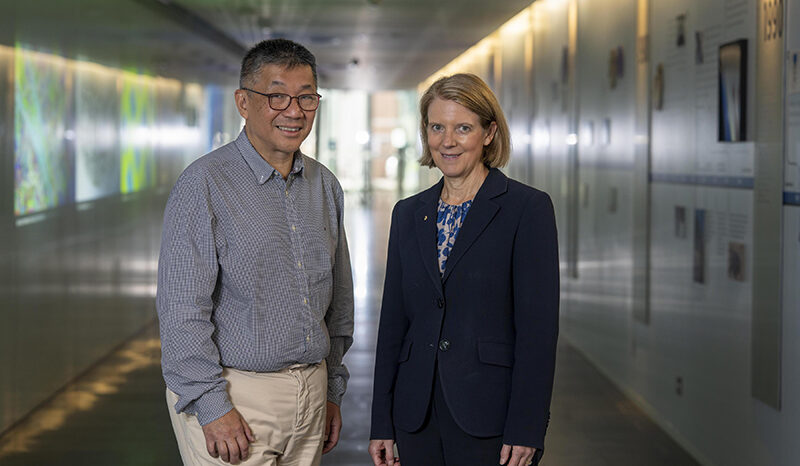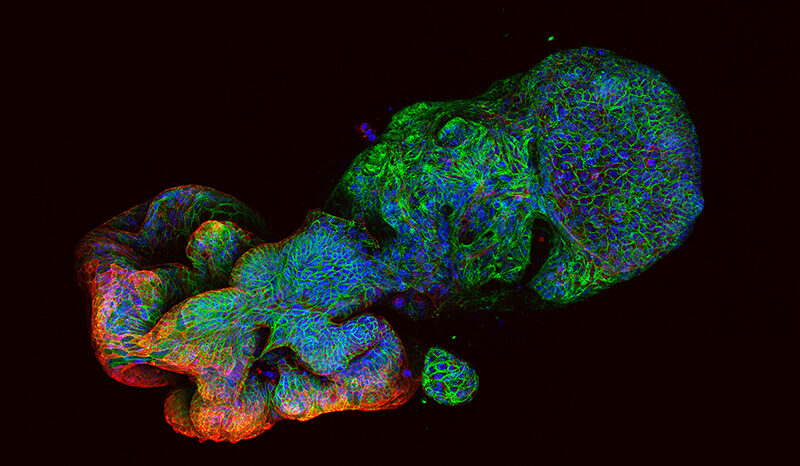After training as a structural biologist and biochemist in Germany and the UK, Prof Komander moved to WEHI in 2018 to start the first ubiquitin-focused research division in Australia.
He is credited for uncovering how broad and important the ubiquitin system is, highlighting the power and importance of ubiquitin signalling and for helping to unravel fundamental discoveries in a variety of research fields.
Prof Komander, Head of WEHI’s Ubiquitin Signalling Division, said he is both humbled and thrilled to be elected a Fellow of the Academy.
“The ubiquitin field is an extremely exciting one to work in and it has been rewarding to see what my lab has been able to uncover in the past decade,” he said.
“WEHI now has the most comprehensive ubiquitin labs in the southern hemisphere. It is amazing to see more than 50 ubiquitin researchers in one place, using state-of-the-art techniques and fostering vital collaborations to further understand the ubiquitin code.
“In recent years, my lab has leveraged our key insights to understand how ubiquitin signalling is linked to neurodegenerative disorders and other conditions like cancer, with our findings opening new avenues for drug discovery now pursued by academic and biotech efforts.
“Ubiquitin research is inherently disease agnostic, as ubiquitin regulates so many distinct disease processes. Our ultimate goal is to uncover new diagnostics and treatments to stop or delay incurable conditions, like Parkinson’s Disease and other ubiquitin-based disorders.”









